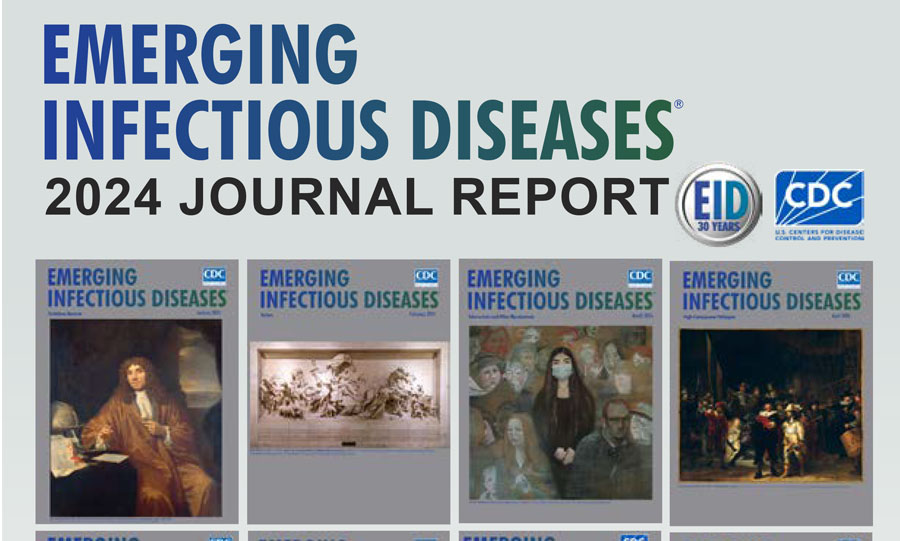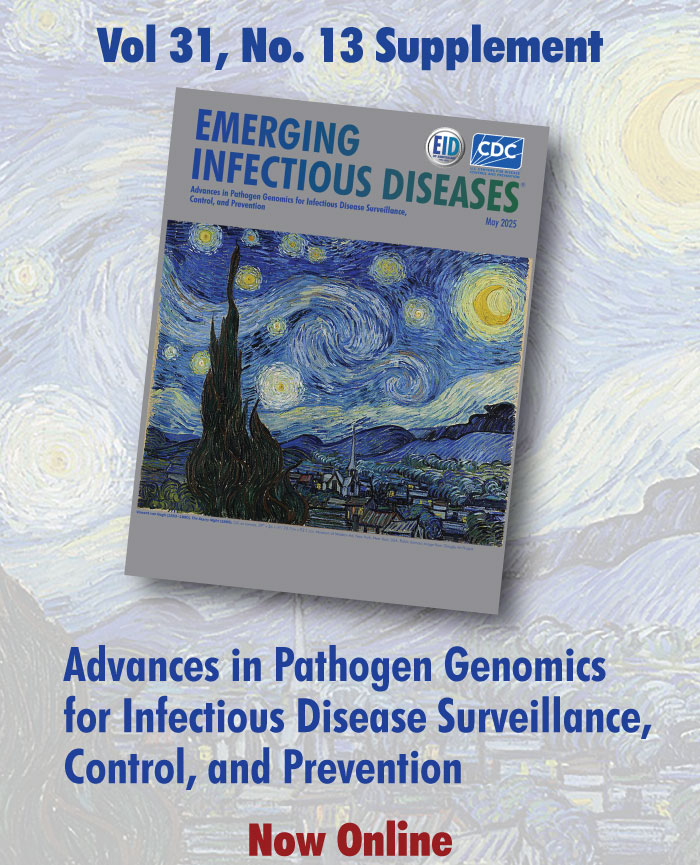Capitalization
Capitalization: Avoid unnecessary capitalization. Follow Chicago Manual of Style, 16th edition (http://www.chicagomanualofstyle.org/cmosfaq.html).
Accession Numbers
Do not capitalize accession number, and use the abbreviation no. instead of number when a specific number is provided.
GenBank accession numbers were recorded.
The isolate was deposited into GenBank under accession no. AA00000.
Other Capitalization Preferences
African American
AM, PM, BCE, CE: format in small caps
Arctic (when referring to region), arctic when referring to cold temperature. American
Heritage says “arctic or Arctic fox”; “arctic or Arctic tern,” in that order.
Biosafety Level. Abbreviate with hyphen (e.g., BSL-2).
Black (when referring to persons)
California encephalitis virus
chikungunya virus
ClustalW, ClustalX
Eastern equine encephalomyelitis
Ebola (named after the Ebola River in Zaire)
federal
formalin
Guinea worm disease
Gulf Coast
Internet
Legionnaires’ disease
Mercurochrome
o’nyong-nyong virus
Pacific Coast
QIAGEN
Sin Nombre virus
Southeast Asia
Saint Louis encephalitis virus
Suramin
Teflon
the Gambia
the Netherlands
The Hague
Gram stain, gram-negative, gram-positive
Venezuelan equine encephalomyelitis virus
website
West Africa
Western equine encephalomyelitis virus
Western Hemisphere
Western blot
White (when referring to persons)
x-ray
Specific Designations
Do not capitalize words used as specific designations (case, group, series, patient), unless they begin a sentence or are part of a title or heading.
Trade names should generally be capitalized. Do not use ™ or ® with trade names.
Most words derived from proper nouns are not capitalized. Follow the Chicago Manual of Style (http://www.chicagomanualofstyle.org/cmosfaq.html), except that black and white should be capitalized when referring to persons (e.g., Black case-patients, White persons).
Do not capitalize titles, such as chairman, president, professor, or director unless the term directly precedes a name (e.g., Professor Smith).
Titles and Headings
Capitalize the first letter of all words except articles, coordinating conjunctions, and prepositions (regardless of length).
Never capitalize “to” in a title or a heading, either as a preposition or infinitive.
Lowercase “that” as a subordinating conjunction but capitalize as a relative pronoun.
Evidence that Penicillin-Resistant Strains Are Common
Strains That Are Resistant to Penicillin
Capitalize the second word in hyphenated terms ending in acquired, associated, resistant, susceptible, sensitive, related, and similar words.
Penicillin-Resistant Gonorrhea
Methicillin-Susceptible Staphylococcus aureus
Bite-associated Infection
Community-acquired Infection
Capitalize hyphenated or dashed words of equal weight.
Case–Control Study
Human–Animal Interactions
Cat-Scratch Disease, Rat-Bite Fever
If a word in a title (or other word that would ordinarily be capitalized, as at the beginning of a sentence or the first word in a table cell) begins with a lowercase Greek letter, capitalize the first non-Greek letter after it.
β-Lactamase–Inhibitor Combinations
Titles of books and journals are neither italicized nor placed within quotation marks.
Lowercase specific epithets in the scientific names of organisms in titles as you would in running text: Escherichia coli.
If a symbol begins a heading (e.g., column heading in table), capitalize the next word.
% Infected
% Patients
Lowercase all letters in email addresses. Lowercase all letters in URLs unless necessary for the URL to work properly (e.g., PDF file names).




